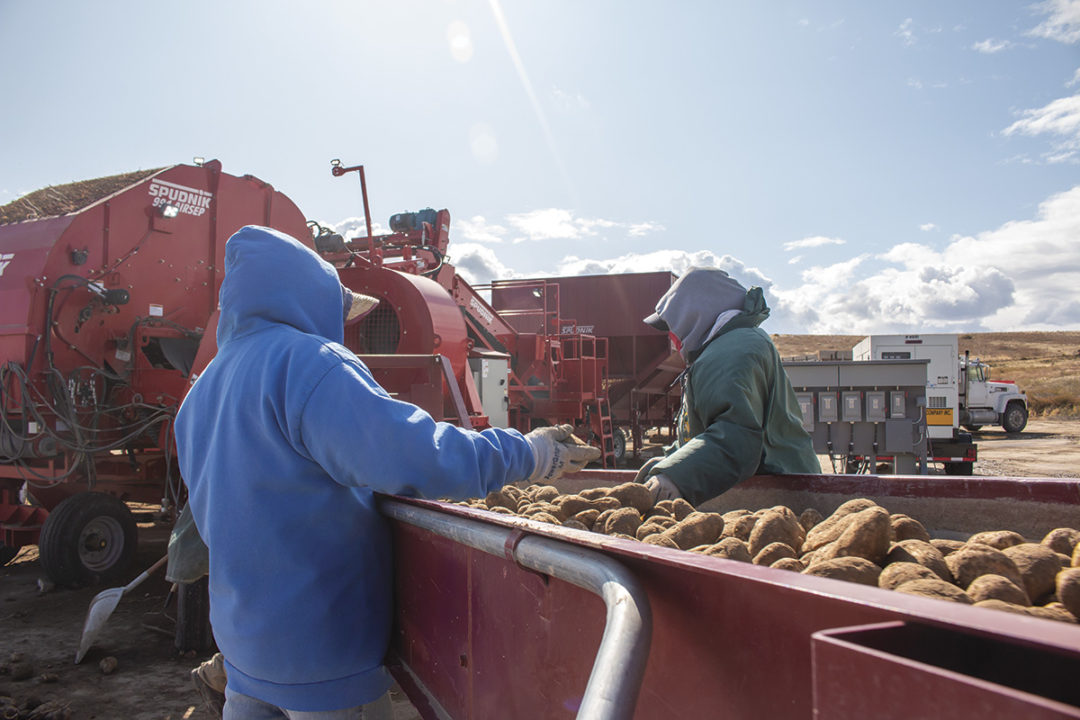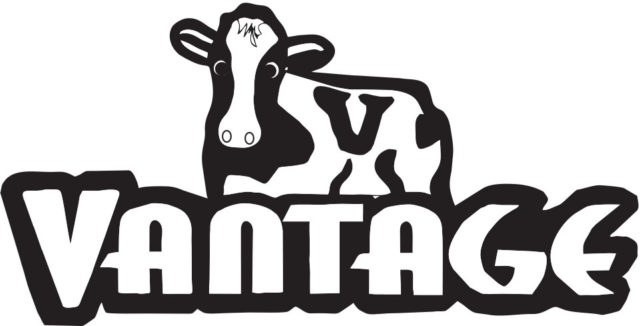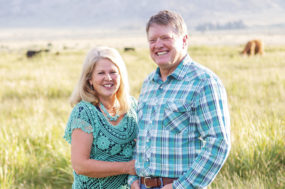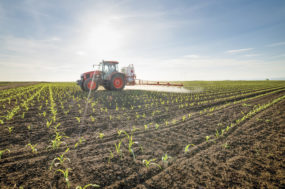Bim Lewman farms 750 acres in Notus, home of the Southwind, with a four-year rotation on certain crops. Bim and Linda took over Linda’s grandfather’s farm 42 years ago. Linda Lewman passed away suddenly from COVID-19 complications on Sept. 2, 2021.
Lewman Farms produces sugarbeets, onions, corn seeds, wheat, turnip seeds, onion seeds, beet seeds and sunflower seeds.
Good Agricultural Practices (GAP) audits are voluntary audits that verify that fruits and vegetables are produced, packed, handled and stored to minimize risks of microbial food safety hazards. GAP audits verify adherence to the recommendations made in the U.S. Food and Drug Administration’s Guide to Minimize Microbial Food Safety Hazards for Fresh Fruits and Vegetables and industry-recognized food safety practices. In 2021, the USDA performed GAP audits in 50 states, Puerto Rico and Canada, covering over 90 commodities.
The advantage of being GAP-compliant “is I’m good with the government,” says Lewman. “I must do all the audits. Our fields are nice and clean, and protected. We can’t let animals in them. The disadvantage is: We don’t get a penny more for our crops, and we can’t sell our onions if we’re not in compliance. We’ve always been in compliance.”
The USDA and the FDA have aligned USDA’s Harmonized GAP Audit Program with the FDA’s Food Safety Modernization Act Produce Safety Rule in 2018. “Most onion sheds require GAP compliance. Once Harmonized GAP Audits came in, we started with them. We went to several food safety meetings and sat through them to be GAP-compliant, so we try to do it,” Lewman says. He has been GAP-compliant for five to seven years.
“All fertilizer and chemical records must be documented,” Lewman continues. “We have a field harvest audit when we are harvesting the onions, and they check and make sure there’s no debris like trash waste in the fields. They also inspect your harvester and your trucks to make sure there’s no foreign matter on them other than onion skins, of course. [For instance], people are not smoking around the products,” Lewman says.
He says, “We must document that we furnish our workers with water and clean sanitation bathrooms. Portable bathrooms are not in the field, so there is no reason for there to be a salmonella problem from a restroom. They cannot be in the actual field you’re harvesting.”
Obendorf Farms in Parma are handling Lewman’s audits and onions. Lewman says, “For audit purposes, we file through Phil and Brock Obendorf as well as Champion Produce. Seeds are through Crookham, Seminis and HM Clause.”
“They furnish probably 75 percent of the paperwork or all the paperwork, but they probably do 75 percent of the work. I must furnish them with all my spray records. You must keep a very accurate record of everything you spray or do in that field. You’re supposed to write down which tractors go into the field. If there is a breakdown in the field, you’re supposed to document it so the onions can be tracked back to you if there’s a problem at the end of the harvest year when they process them,” Lewman says.
“We are audited twice a year now,” he says. “Up until recently, they announced you were having an audit; they would contact the onion shed and say, 'We are coming out.' I think if I’m correct, it’s open policy now; they can come and check on you anytime.”
“In terms of manual labor, the corn seed has to [be] hand detasseled, which may occur up to eight times a growing season,” says Lewman. “Hand labor is required compared to a machine because machine detasseling is not dialed in close enough. Onion seed must be hand weeded as well as hand harvested because of the seed floret’s size. Weeding may occur multiple times as well throughout the growing season.”
As part of their overall goals, “We hire GAP-compliant crew leaders – Godina Farm Labor and H-2A workers,” Lewman says.
“Being GAP-compliant gives the farmer an opportunity to sell their crop to various buyers,” says Lexi Oropeza, manager for Obendorf Farms. “Buyers want to know that the farm they are getting their produce from practices safe farming techniques, which comes down to testing water, testing the crop itself, performing self-audits and keeping checklists of everything they are doing throughout a growing season. Traceability plays a key role in the GAP program, and buyers want to know exactly where their product is coming from and what went into that product throughout the year. Following the GAP requirements prevents recalls or any other produce disaster. There really are no disadvantages to being GAP-compliant because once you are certified, the doors open to who you can sell to.”
“Lewman Farms has been a great grower to work with,” Oropeza says. “They are always willing to do whatever it takes to stay certified and be the best grower.”




.jpg?t=1687979285&width=640)



